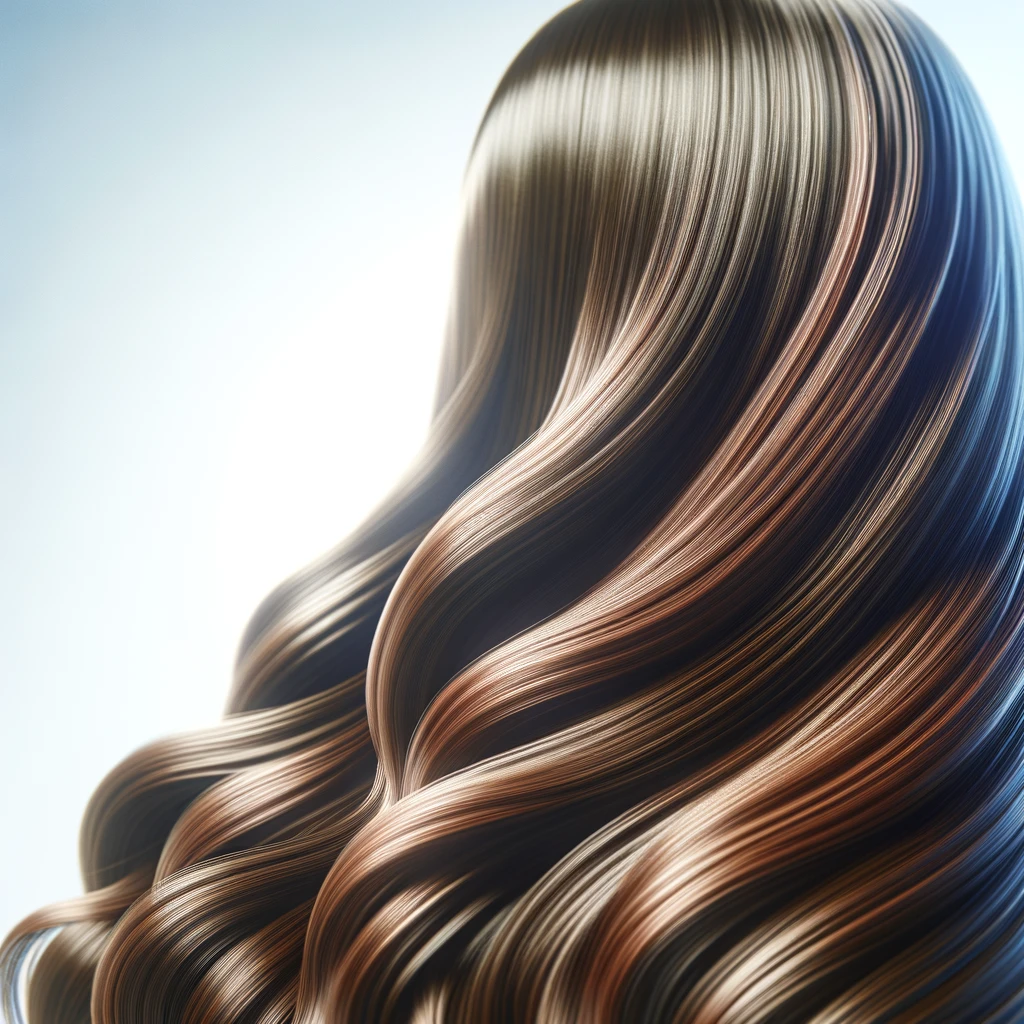Caring for your hair involves several steps and practices to ensure its health and vitality. Here are some general tips:
1. Choose the Right Shampoo and Conditioner: Select products suited to your hair type. For example, if you have dry hair, look for moisturizing products, and if you have oily hair, choose a clarifying shampoo.
2. Washing Frequency: Wash your hair as per your hair type and lifestyle. People with dry hair may need to wash less frequently than those with oily hair.
3. Use Lukewarm Water: Hot water can strip natural oils from your scalp, leading to dryness. Use lukewarm water instead.
4. Be Gentle While Washing: Massage your scalp gently with your fingertips and avoid scrubbing vigorously.
5. Condition Properly: Apply conditioner mainly to the ends of your hair, where it’s needed the most. Avoid the scalp to prevent greasiness.
6. Avoid Excessive Heat Styling: Heat styling tools can damage your hair. Use them sparingly and always apply a heat protectant before styling.
7. Trim Regularly: Regular trims help prevent split ends and keep your hair looking healthy.
8. Eat a Balanced Diet: A diet rich in vitamins, minerals, and proteins can significantly improve hair health.
9. Stay Hydrated: Drinking enough water is essential for maintaining healthy hair.
10. Avoid Tight Hairstyles: Tight ponytails, braids, and buns can cause hair breakage. Opt for looser styles to reduce stress on your hair.
11. Protect Your Hair from the Sun: UV rays can be damaging to your hair. Wear hats or use hair products with UV protection when you’re out in the sun.
12. Be Mindful of Hair Treatments: Chemical treatments like coloring, straightening, or perming can damage your hair. Limit these treatments and ensure they’re done by a professional.
Remember, each person’s hair is unique, so it’s important to find a routine that works best for your specific hair type and concerns. If you’re experiencing significant issues with your hair, it’s advisable to consult a dermatologist or a trichologist.










